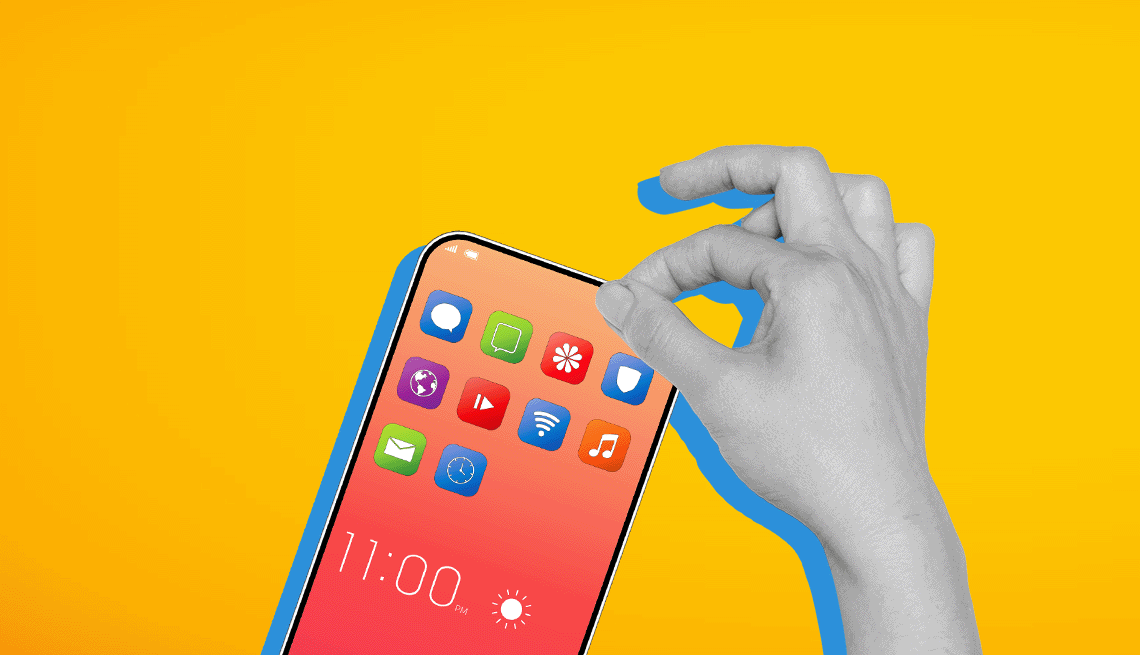AARP Hearing Center


A federal judge called the case “Kafkaesque.” In January 2025, Matthew David Keirans, 59, was sentenced to 12 years in prison on federal charges of aggravated identity theft and making false statements. But this was no ordinary identity theft case: Keirans had so thoroughly assumed the identity of his victim, William Woods, whom he’d met years earlier, that Woods was accused of and charged with taking his identity. Woods had told his bank that an impostor was racking up debt in his name (Keirans had obtained loans worth about $250,000), so the police called Keirans, who sent fake ID documents that convinced the police that he was Woods, and the real Woods was arrested for fraud. Later, when Woods insisted that he was the real Woods, a disbelieving judge sent him to a psychiatric hospital
After years of deceit, Keirans finally pled guilty when the results of DNA testing proved his story false.
That’s an extreme example of identity fraud, which can take many forms. The Federal Emergency Management Agency (FEMA) warns, for example, that some criminals are using the identities of California wildfire victims to access their FEMA benefits. But it always involves the theft of your personal information, such as your Social Security number, home address, birth date, and account numbers (bank, medical insurance, and credit card numbers) to commit fraud.
The problem is huge. In 2023, identity fraud cost Americans $43 billion, according to “Resolving the Shattered Identity Crisis,” an AARP-sponsored report from Javelin Strategy & Research. Roughly 15 million people were victims of identity theft, the report found. That same year, the Federal Trade Commission (FTC) received more than 1 million reports through its IdentityTheft.gov site. The actual number of victims and losses is likely far higher because people are often reluctant to report these crimes.
How identities are stolen
Criminals use a variety of methods to obtain your information. Some are low-tech, such as mail theft. A scammer could also steal your information with such simple tactics as handing you a clipboard and asking you to sign a petition that requests your Social Security number. Some are large-scale: Hackers steal information from companies such as banks and retailers with large databases. With impostor scams, you receive a request from what seems like a trusted source — a bank, a government agency, a hiring manager for a job, an IT specialist, a celebrity — to lure you into providing personal information.
Frequently, scammers obtain data when you click a link from an email or text, which takes you to a bogus website. Links in phishing messages can infect your computer with malware that harvests your data.


































































More From AARP
How to Avoid Disaster Fraud and FEMA Scams
In the wake of natural disasters, scammers may pose as contractors, FEMA officials and other personnel
6 Ways to Avoid a Real ID Scam as TSA Deadline Nears
Why scammers might exploit the upgraded driver’s license you’ll need to fly after May 7
25 Great Ways to Avoid Scams
Practical things you can do to protect yourself as fraud grows more pervasive and sophisticated